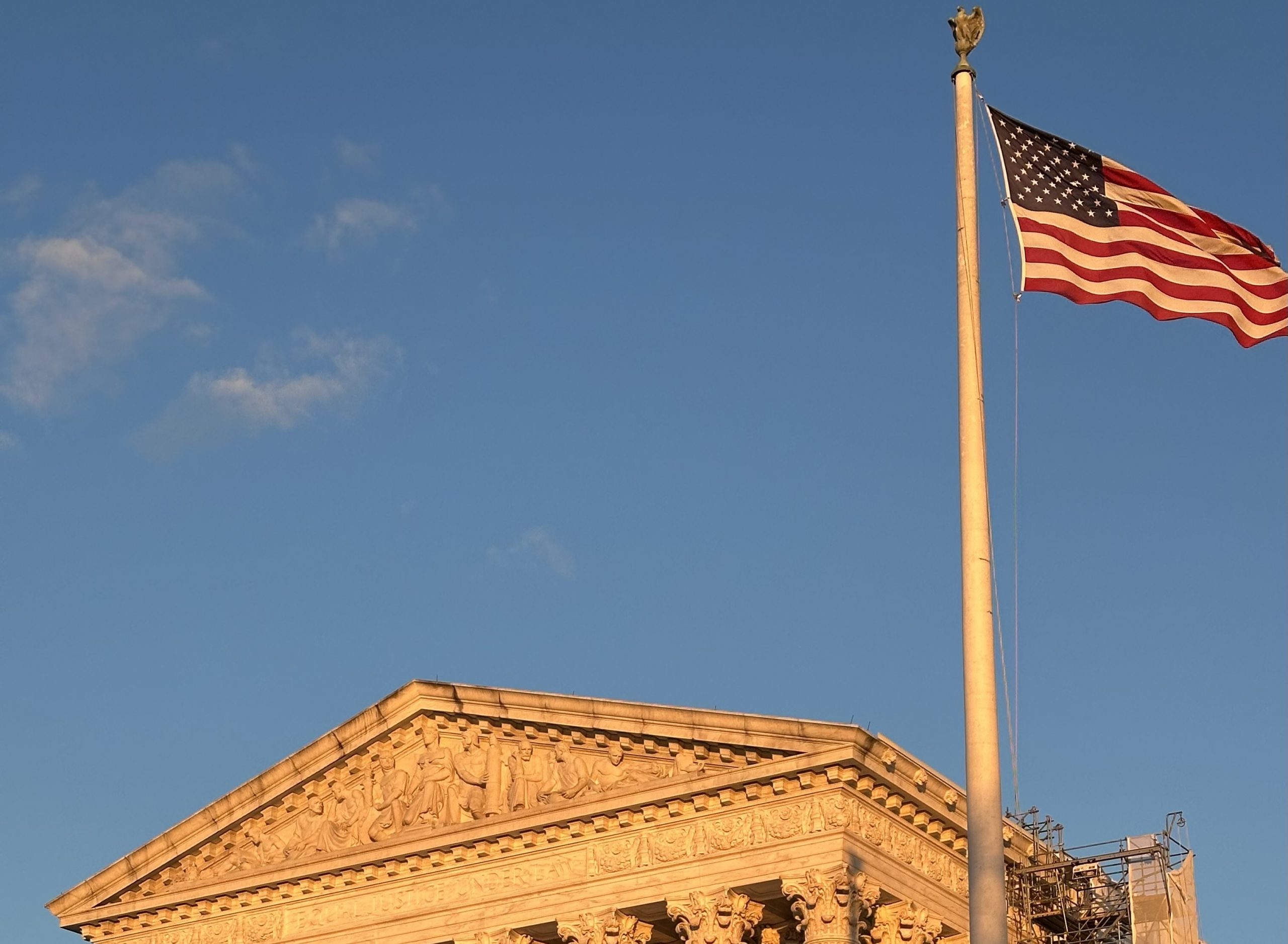Tman44
God Father of Soul
- Joined
- Nov 23, 2012
- Messages
- 6,081
- Likes
- 45,522
Yesterday, the National Labor Relations Board has ruled on behalf of Dartmouth Basketball players. This will have MAJOR ramifications across the NCAA. The NCAA and member institutions have fought this tooth and nail for years. These employees have the right to unionize, and the ruling sets in motion union elections. This is BIG sign of the apocalypse for the NCAA.
From the NLRB:
“Dartmouth takes the position the petitioned-for basketball players are not employees within the meaning of the Act and submits that the petition should be dismissed. In addition, Dartmouth takes the position that the Board should decline to assert jurisdiction over the basketball players so as not to create instability in labor relations. As set forth below, I find that because Dartmouth has the right to control the work performed by the men’s varsity basketball team, and because the players perform that work in exchange for compensation, the petitioned-for basketball players are employees within the meaning of the Act.
Additionally, I find that asserting jurisdiction would not create instability in labor relations.
Accordingly, I shall direct an election in the petitioned-for unit.”
Here is analysis of the ruling:

In other words: BOOM!
From the NLRB:
“Dartmouth takes the position the petitioned-for basketball players are not employees within the meaning of the Act and submits that the petition should be dismissed. In addition, Dartmouth takes the position that the Board should decline to assert jurisdiction over the basketball players so as not to create instability in labor relations. As set forth below, I find that because Dartmouth has the right to control the work performed by the men’s varsity basketball team, and because the players perform that work in exchange for compensation, the petitioned-for basketball players are employees within the meaning of the Act.
Additionally, I find that asserting jurisdiction would not create instability in labor relations.
Accordingly, I shall direct an election in the petitioned-for unit.”
Here is analysis of the ruling:

NLRB official rules Dartmouth men's basketball team are employees, orders union vote
A decision by the National Labor Relations Board has ordered the Dartmouth men's basketball team to hold an election to decide on joining a union.
www.usatoday.com
In other words: BOOM!




